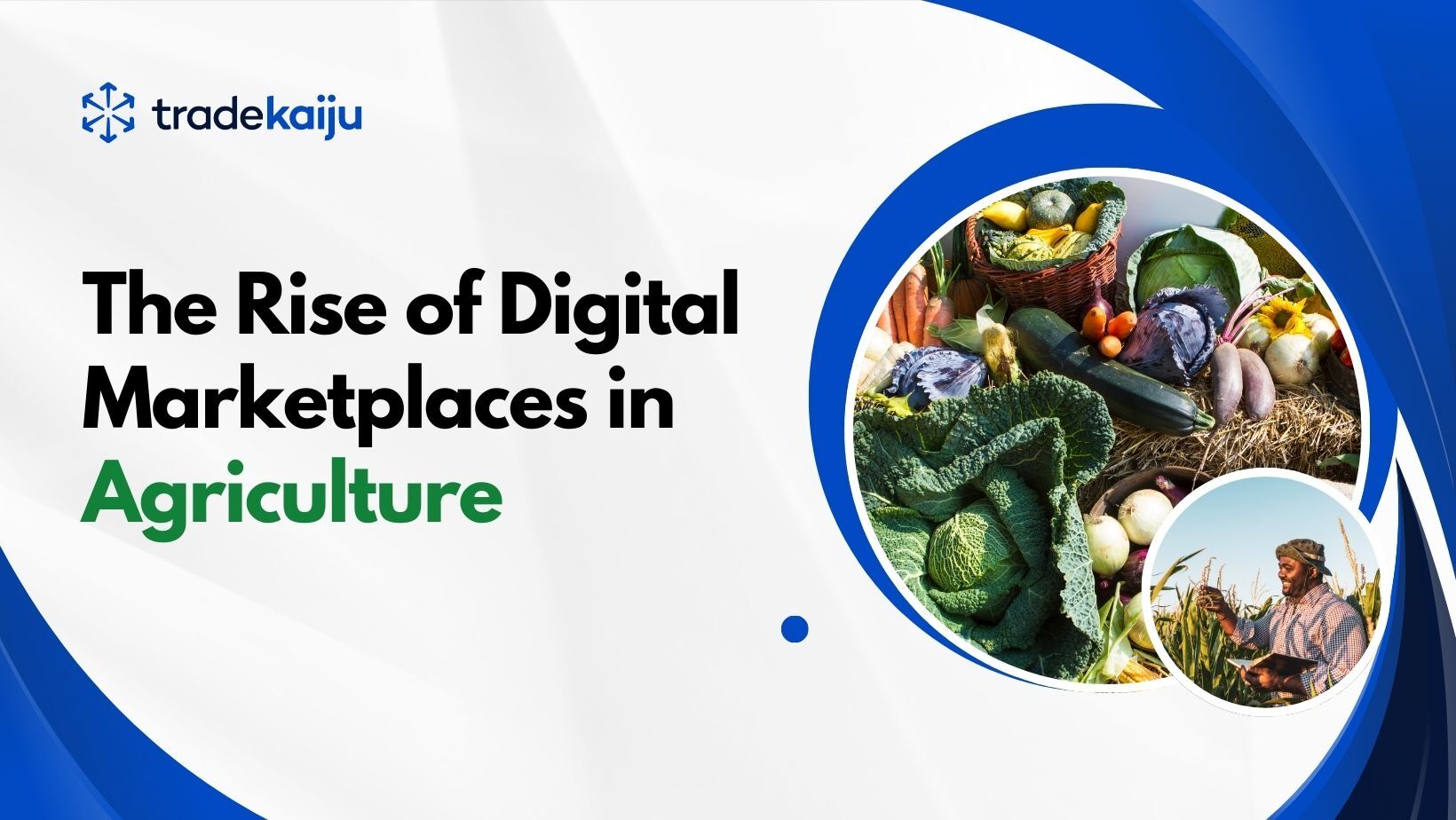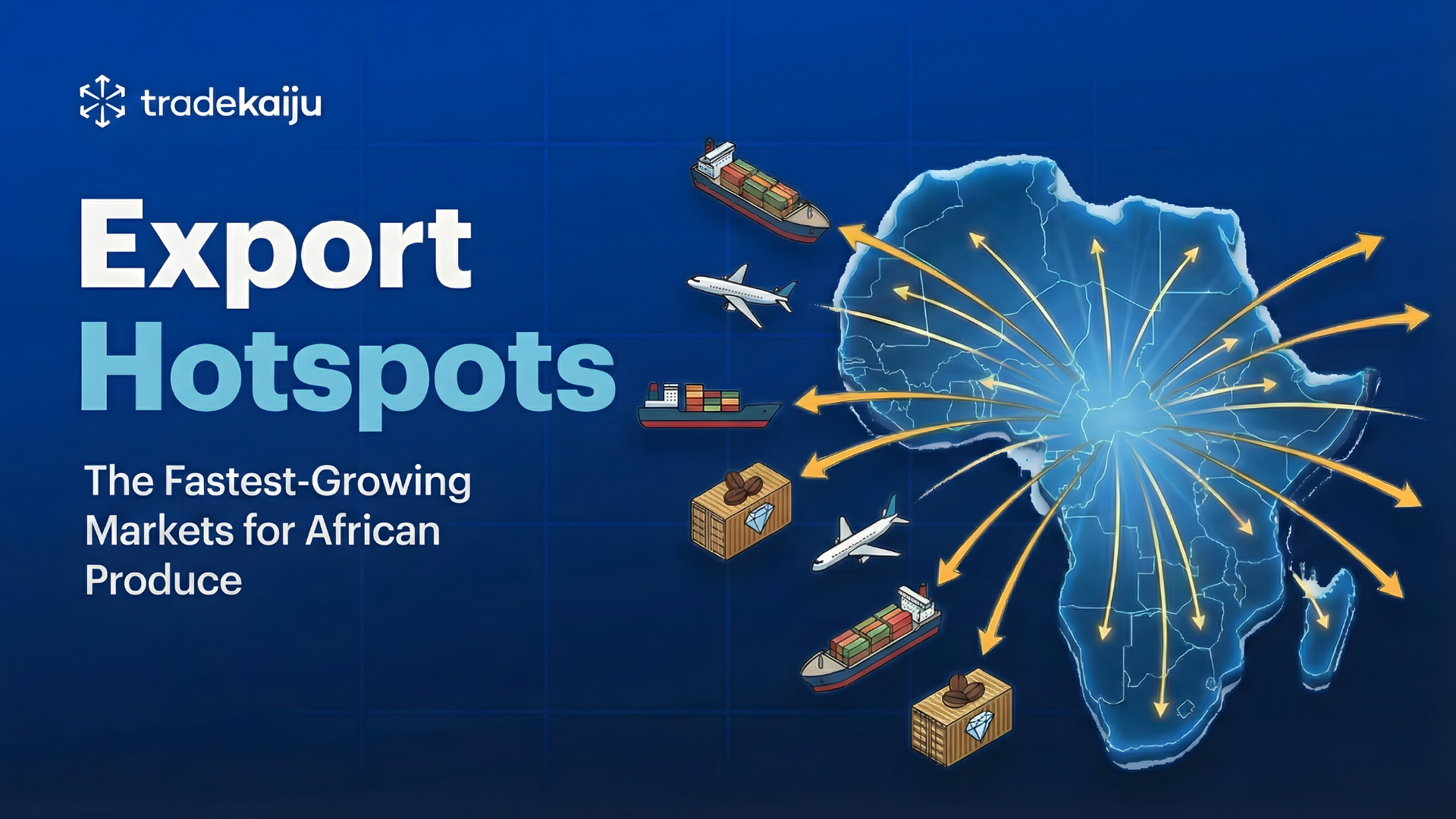The Rise of Digital Marketplaces in Agriculture
Date Posted: 2025-02-13 08:42:05

The agriculture industry is changing rapidly thanks to digital technologies. Digital marketplaces, in particular, are revolutionizing how farmers, traders, and consumers connect.
Digital marketplaces are online platforms where buyers and sellers of agricultural goods and services can connect, negotiate, and transact. These platforms often integrate features like product listings, price comparisons, logistics support, payment processing, and more, creating an end-to-end trading experience.
Agriculture has long been dependent on traditional supply chains, which are often fragmented, inefficient, and plagued by information asymmetry. Farmers frequently struggle to find buyers, negotiate fair prices, and access timely market information. On the other hand, buyers face challenges in sourcing quality produce and ensuring transparency in transactions.
Digital marketplaces address these pain points by offering a centralized platform where stakeholders can connect, trade, and collaborate seamlessly. They empower farmers by providing direct access to markets, reducing dependency on intermediaries, and increasing their profit margins.
Benefits of Digital Marketplaces:
Enhanced Market Access: Digital platforms connect farmers to a broader network of buyers, including exporters, wholesalers, and retailers. This expanded reach opens up opportunities for small-scale farmers to sell their produce on a larger scale.
Price Transparency: These platforms provide real-time market data, enabling fairer pricing and reducing exploitation. Farmers can make informed decisions about when and where to sell their products.
Streamlined Transactions: Digital marketplaces simplify the buying and selling process by integrating tools for inventory management, payment processing, and logistics. This reduces delays and minimizes operational inefficiencies.
Quality Assurance: Many platforms incorporate grading and quality verification systems, ensuring buyers receive consistent and reliable products. This builds trust between parties and enhances long-term partnerships.
Access to Financing and Insurance: Some marketplaces offer integrated financial services, helping farmers secure loans, insurance, or credit based on their transaction history and produce quality.
Regions with High Adoption of Digital Marketplaces
Asia: Countries like India and China have seen widespread adoption of digital marketplaces in agriculture. In India, platforms like Kisan Network and DeHaat provide farmers with market access, input supplies, and advisory services. The rapid penetration of smartphones, government initiatives promoting digital literacy, and large-scale agricultural communities have contributed to their success.
Europe: In regions like the Netherlands and Germany, advanced digital infrastructure and a focus on precision agriculture have enabled farmers to leverage digital marketplaces for efficient trading and resource management.
North America: The U.S. leads with platforms like Farmers Business Network, where technological innovation, high internet penetration, and well-organized farming communities have driven adoption.
Challenges in Africa
Despite its potential, digital marketplace adoption in Africa remains limited due to several barriers:
Digital Divide: Many rural areas lack access to affordable internet and smartphones, limiting the reach of digital platforms.
Low Digital Literacy: Farmers in remote regions often lack the skills needed to navigate and trust online platforms.
Infrastructure Gaps: Inadequate transportation and logistics infrastructure hinder the efficient movement of goods.
Trust Issues: Skepticism toward online transactions and concerns about fraud reduce farmer participation.
Suggested Solutions:
Invest in Digital Infrastructure: Governments and private organizations should prioritize expanding internet access and affordable mobile technology in rural areas.
Promote Digital Literacy: Conduct training programs to educate farmers about the benefits and use of digital marketplaces.
Strengthen Logistics Networks: Improve transportation and storage infrastructure to support the smooth functioning of digital supply chains.
Build Trust: Introduce mechanisms for secure payments, quality assurance, and dispute resolution to increase farmer confidence.
Collaborate with Local Stakeholders: Partner with local cooperatives, NGOs, and community leaders to drive adoption and ensure platforms address the unique needs of African farmers.
In conclusion, the rise of digital marketplaces in agriculture marks a pivotal shift towards a more efficient, transparent, and inclusive industry. By leveraging technology, these platforms are not only addressing long-standing challenges but also unlocking new opportunities for farmers and stakeholders across the supply chain. Embracing this change is essential for building a resilient and sustainable agricultural future.
Ready to grow your agribusiness by leveraging digital marketplaces.
Start trading on Tradekaiju today and unlock endless possibilities!
Similar Blog Posts

In today’s fast-moving trade environment, guessing is no longer a strategy. Gone are the days when traders relied sole

Africa’s agricultural sector is on the rise, and so is global demand for its produce. As the continent continues to bu

Africa isn’t just a participant in the global commodity market, it’s a driver. The continent holds: 30% of the worl